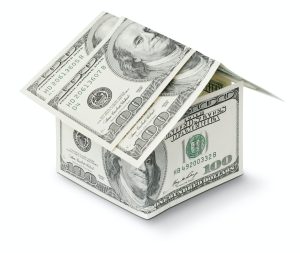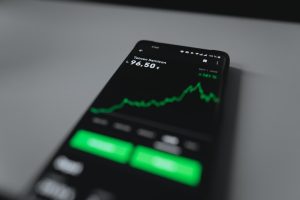Forex, or foreign exchange, is a decentralized market where individuals and institutions can buy and sell currencies from around the world. The forex market is the largest financial market in the world, with an average daily trading volume of over $5 trillion. But who are the people that trade forex?
Individual Traders
Individual traders make up a significant portion of the forex market. These are retail traders who trade forex for profit or to hedge against currency risk. They can trade through online forex brokers, which offer access to the market with a small deposit and leverage.
Individual traders can be divided into two categories; novice traders and experienced traders. Novice traders are typically new to forex trading and may lack knowledge or experience in the market. Experienced traders, on the other hand, are seasoned traders who have been trading for a long time and have developed their own strategies to make profits.
Regardless of their experience level, individual traders can trade forex using various trading strategies, such as technical analysis, fundamental analysis, and price action trading. They can trade major currency pairs, such as USD/EUR, USD/JPY, and GBP/USD, or exotic currency pairs, such as USD/ZAR and USD/TRY.
Institutional Traders
Institutional traders are professional traders who trade forex on behalf of institutions, such as banks, hedge funds, and corporations. They have access to large amounts of capital and can move the market with their trades. Institutional traders typically trade in large volumes and use sophisticated trading strategies, such as algorithmic trading and high-frequency trading.
Banks are the largest players in the forex market, accounting for approximately 50% of daily trading volume. They trade forex on behalf of their clients, such as corporations and other financial institutions, to hedge against currency risk or to profit from currency fluctuations.
Hedge funds are another type of institutional trader that trades forex for profit. They use various trading strategies to generate high returns for their investors. Hedge funds can be very aggressive in their trading, taking on large risks to make large profits.
Corporations are also significant players in the forex market. They trade forex to manage their currency risk, such as when they have to pay for imports or exports in a foreign currency. Multinational corporations with operations in multiple countries are particularly active in the forex market.
Central Banks
Central banks are another type of institutional trader that trades forex. They are responsible for regulating their country’s monetary policy and can intervene in the forex market to stabilize their currency or to influence the economy. Central banks can buy or sell their currency on the forex market to adjust the exchange rate or to maintain the value of their currency.
Conclusion
In conclusion, forex trading is not limited to a specific group of people. Anyone can trade forex, from retail traders with a small deposit to institutional traders with millions of dollars in capital. The forex market is a global market that operates 24 hours a day, allowing traders to trade at any time of the day or night. The diversity of traders in the forex market creates a dynamic market that is always changing, making it an exciting and challenging market to trade in.





